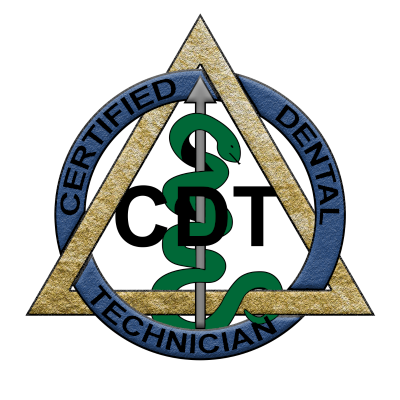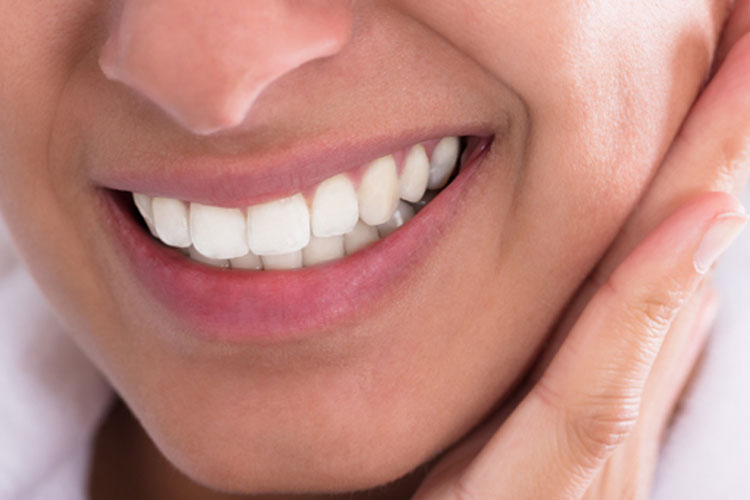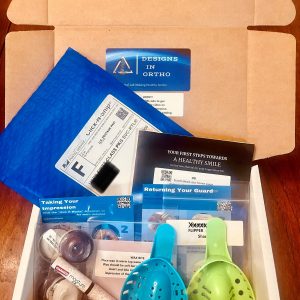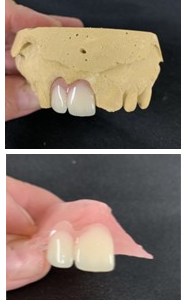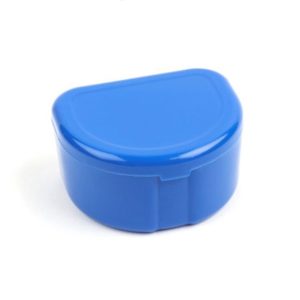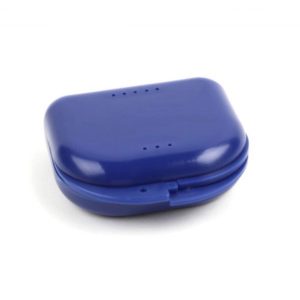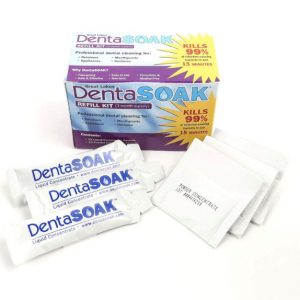Why Do People Grind Their Teeth?
Although teeth grinding can be caused by stress and anxiety, it often occurs during sleep and is more likely caused by an abnormal bite or missing or crooked teeth. It can also be caused by a sleep disorder such as sleep apnea.
How Do I Find Out if I Grind My Teeth?
Because grinding often occurs during sleep, most people are unaware that they grind their teeth. However, a dull, constant headache or sore jaw when you wake up is a telltale symptom of bruxism. Many times people learn that they grind their teeth by their loved one who hears the grinding at night.
If you suspect you may be grinding your teeth, talk to your dentist. They can examine your mouth and jaw for signs of bruxism, such as jaw tenderness and excessive wear on your teeth.
Why Is Teeth Grinding Harmful?
In some cases, chronic teeth grinding can result in a fracturing, loosening, or loss of teeth. The chronic grinding may wear teeth down to stumps. When these events happen, bridges, crowns, root canals, implants, partial dentures, and even complete dentures may be needed.
Not only can severe grinding damage teeth and result in tooth loss, it can also affect your jaws, cause or worsen TMD/TMJ, and even change the appearance of your face.
What Can I Do to Stop Grinding My Teeth?
You can be fitted with a custom bite guard to protect your teeth from grinding during sleep. Learn more: Can a night guard straighten your teeth?
If stress is causing you to grind your teeth, ask your doctor or dentist about options to reduce your stress. Attending stress counseling, starting an exercise program, seeing a physical therapist, or obtaining a prescription for muscle relaxants are among some of the options that may be offered.
Other tips to help you stop teeth grinding include:
- Avoid or cut back on foods and drinks that contain caffeine, such as colas, chocolate, and coffee.
- Avoid alcohol. Grinding tends to intensify after alcohol consumption.
- Do not chew on pencils or pens or anything that is not food. Avoid chewing gum as it allows your jaw muscles to get more used to clenching and makes you more likely to grind your teeth.
- Train yourself not to clench or grind your teeth. If you notice that you clench or grind during the day, position the tip of your tongue between your teeth. This practice trains your jaw muscles to relax.
- Relax your jaw muscles at night by holding a warm washcloth against your cheek in front of your earlobe.
Designs in Ortho offers a custom bite guard solution from a professional licensed dental lab with over 40 years of experience.
